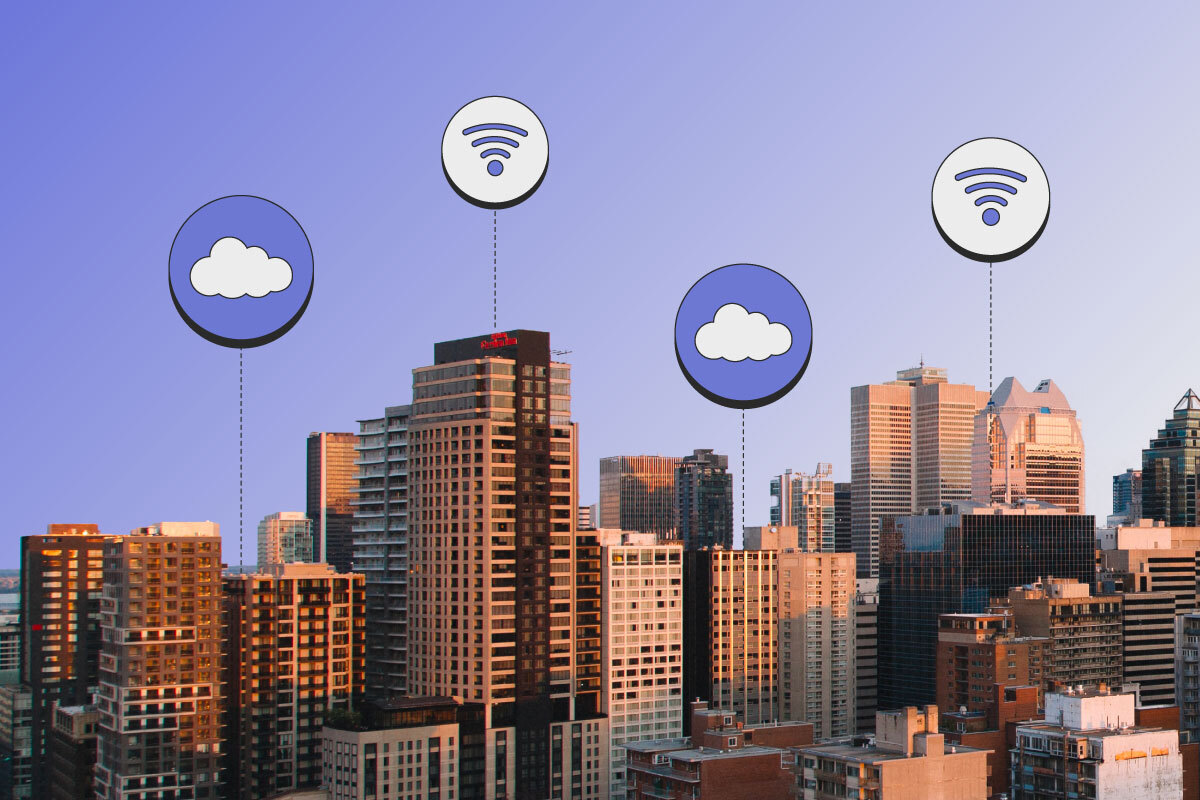As the world becomes increasingly urbanized, cities are faced with a growing number of challenges, from traffic congestion to environmental pollution. However, with the emergence of smart city technologies, there is hope that cities can become more efficient, sustainable, and livable for their residents. In this blog, we will explore the concept of smart cities, the technologies that make them possible, and the benefits they offer.
What is a Smart City?
A smart city is a city that uses technology to improve the quality of life for its citizens. This involves the use of sensors, data analytics, and other advanced technologies to improve infrastructure, reduce environmental impact, and enhance public services. The goal of a smart city is to make urban living more efficient, sustainable, and enjoyable.
Technologies Used in Smart Cities
There are many different technologies that can be used in smart cities, including:
- Internet of Things (IoT) Sensors: These sensors can be used to collect data on everything from traffic flow to air quality.
- Artificial Intelligence (AI): AI can be used to analyze data collected from sensors and other sources to identify patterns and make predictions.
- Smart Transportation: This includes technologies like intelligent traffic management systems, electric vehicles, and smart public transportation systems.
- Energy Management Systems: These systems can be used to optimize energy usage in buildings and infrastructure, reducing waste and costs.
- Smart Waste Management: This includes technologies like sensor-based waste management systems and smart recycling programs.
Benefits of Smart Cities
Smart cities offer a range of benefits for both residents and local governments. Some of the key benefits include:
Improved Efficiency: Smart city technologies can help reduce energy usage, traffic congestion, and waste, making urban living more efficient and sustainable.
Enhanced Public Services: Smart city technologies can be used to enhance public services like transportation, healthcare, and education, improving quality of life for residents.
Increased Economic Opportunities: Smart cities can attract new businesses and investment by offering a more attractive and livable environment for residents.
Better Resource Management: Smart city technologies can help cities better manage resources like water, energy, and waste, reducing costs and improving environmental sustainability.
Challenges of Smart Cities
While smart cities offer many benefits, there are also some challenges that must be addressed. One of the biggest challenges is the cost of implementing smart city technologies, which can be prohibitive for some cities. Additionally, there are concerns about privacy and data security, as the use of sensors and other technologies can involve the collection and sharing of sensitive data.
Conclusion
Smart cities represent the future of urban living, offering a range of benefits for residents and local governments alike. By using advanced technologies to improve efficiency, enhance public services, and manage resources more effectively, smart cities can create a more sustainable and livable environment for their citizens. While there are challenges that must be addressed, the potential benefits of smart cities make them an important area of focus for policymakers and urban planners around the world.

